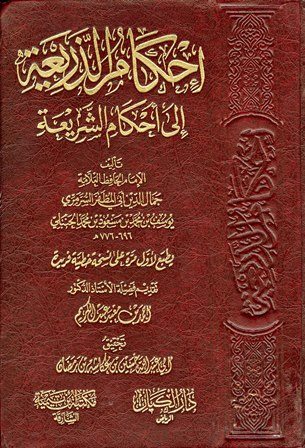Maintaining Wudu is a sign of Iman…
Maintaining Wudu is a sign of Iman… ❝…and likewise purification, as it is the key to Salah. The Prophet ﷺ said, “…no one maintains his ablution except a believer.” When someones Wudu breaks it could be that no one knows this besides Allah. This is why maintaining ones Wudu for the Salah is something that […]

